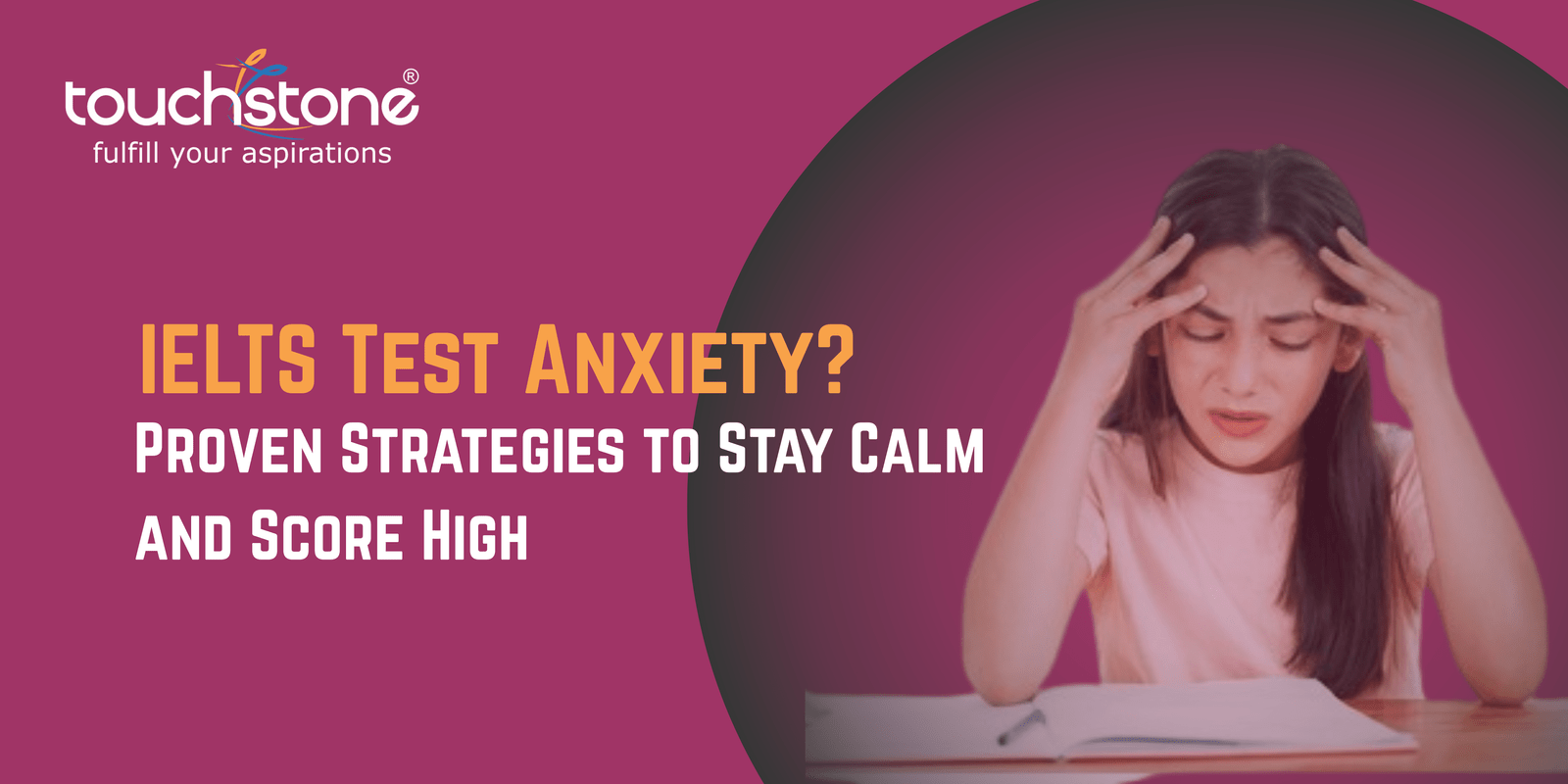Universities abroad are no longer reserved for the uber-rich or extra-ordinarily intelligent ones. If gaining world-class education, making lifelong friends and travelling around the world is your dream, then the world out there is waiting for you!
But with greater choices comes greater confusion. Don’t worry, Touchstone has 23+ years of global reputation in counselling students regarding the same and we have jotted down 5 of the many criteria for you to figure out your dream college.
Select the desired discipline
The first step to figuring out your college is to choose the course you want to pursue. Begin by listing down the genres you are passionate about (assessing your strengths and weaknesses will do half the job for you). Enquire and learn about the available courses and program structure. Opting for the right degree program is not only important to shine academically and launch a successful career, but also to keep you motivated through early morning classes and long library sessions.
Country preferences
Even though it is not advisable to plunge right into the first destination that pops into your mind, chances are you already have a favourite pick by now. But even if not, sit back, relax & research; we will help you choose one. Narrow down a few of your favourite countries based on pertinent factors like their climate (all year round), transportation facilities, rights of international students, career opportunities, student visa requirements, cost of living, etc. Limiting your search with a handful of possibilities is always recommended for more effective research.
University rankings
It is not as simple as googling “top 10 universities in the world”. There exist diverse ranking systems by several organisations including different metrics to come up with their list of top universities. While the major ranking systems are usually data-driven hierarchies outlining the competition between reputed universities worldwide, others measure the academic performance, faculty expertise or internationality of the said institution to deliver their result. During this process, it is better not to overshadow other practical factors like building relevant skills required to land a job.
Cost & scholarships
Researching & choosing the most affordable college is directly proportional to a higher return on investment and less likely to be overburdened with heavy debts in the future. Learn about the fee structure of your shortlisted colleges and the financial aids they offer that you stand to benefit from (the key details also include the typical salary rate after graduating). Financing your study abroad dream also includes your cost of accommodation, food, entertainment, commuting, phone bills, etc. The best ways to cut down on the final tally are to apply for scholarships through endowment committees or student loans offered by banks in your home country.
Campus perks
If futureproofing your success is the ultimate goal, then getting involved and becoming a part of the campus community should be your steps in the process. Apply for colleges that show greater gains in interpersonal self-esteem and student development. Your chosen college should let you enjoy easy access to resources like labs, libraries, support services, athletic facilities, etc. Besides, on-campus life helps you apply the learned leadership frameworks in real-world environments. So it is a good decision to opt for colleges with a higher ratio of extracurricular activities available for students’ benefit.
Choosing the right college abroad can be a little overwhelming. But you don’t have to concern yourself with the process. Touchstone experts are waiting to answer all your questions and help you comprehend the college of best fitting for you. Get in touch with us today to future-proof your success.








